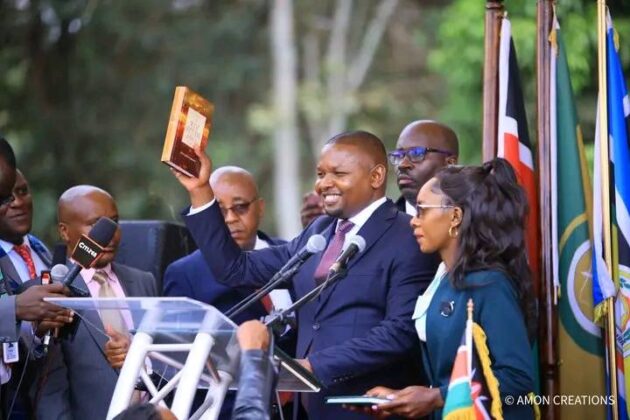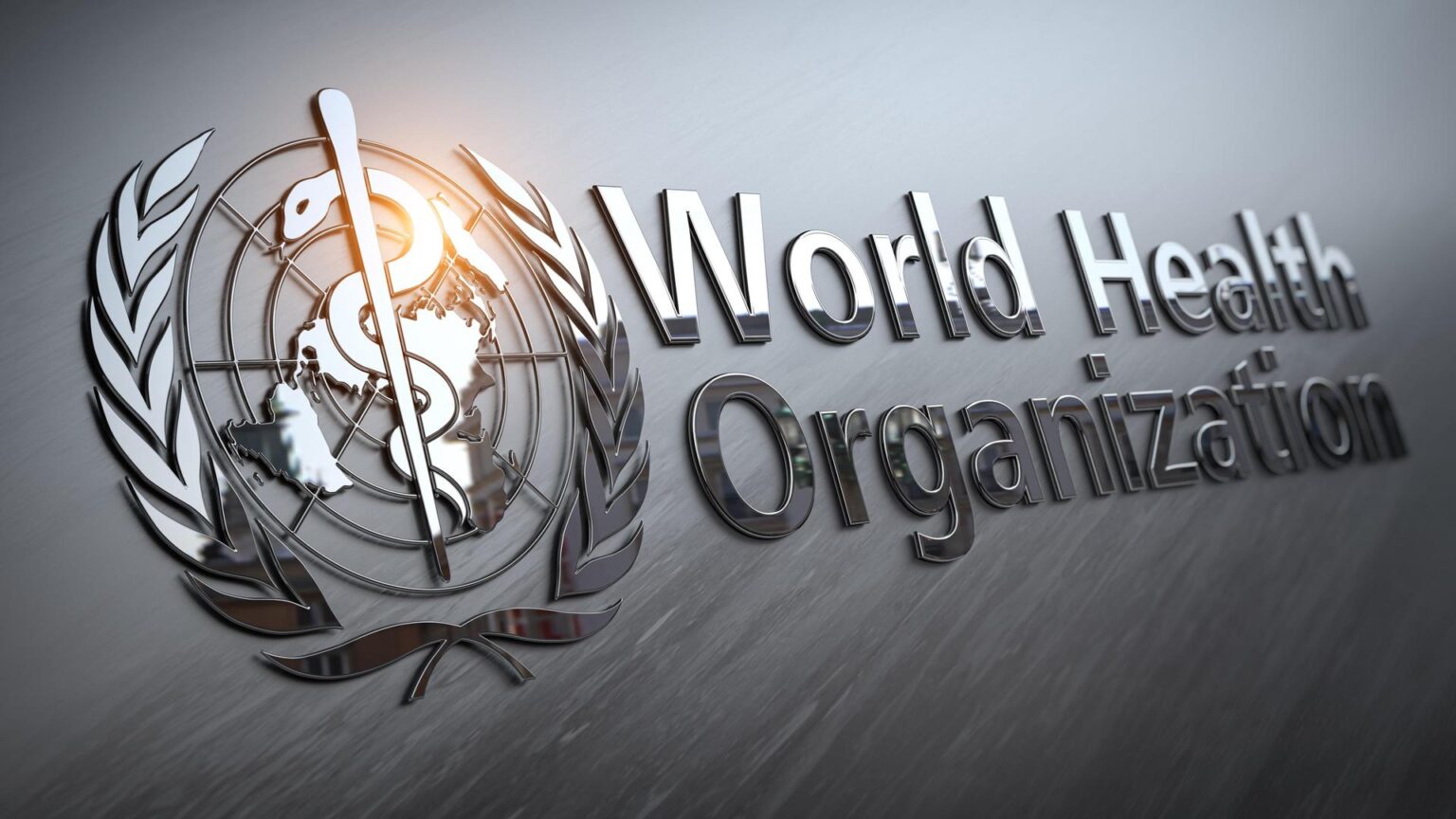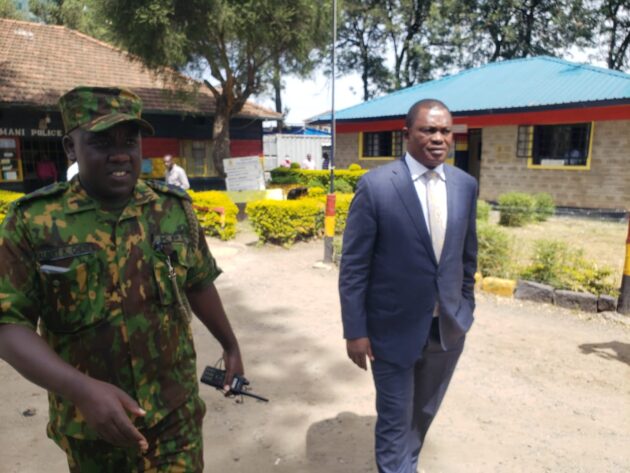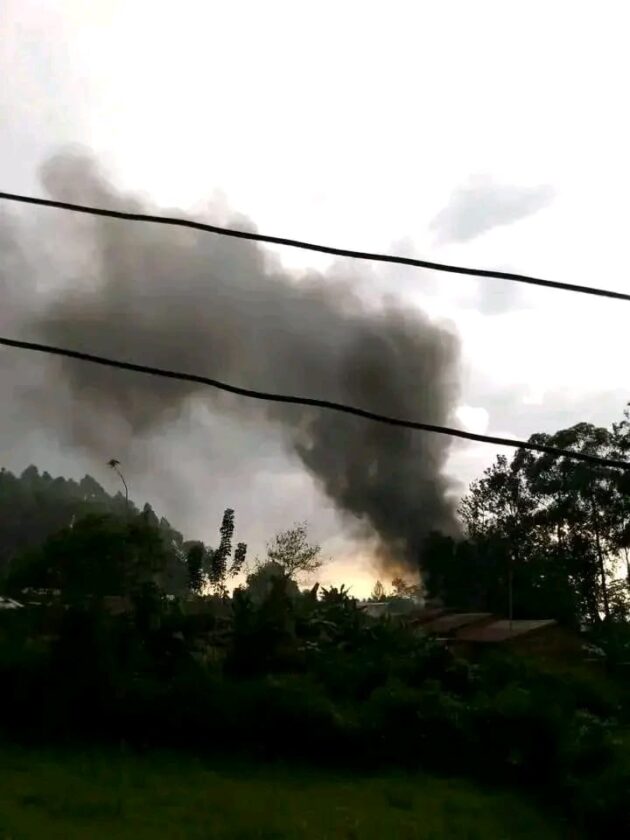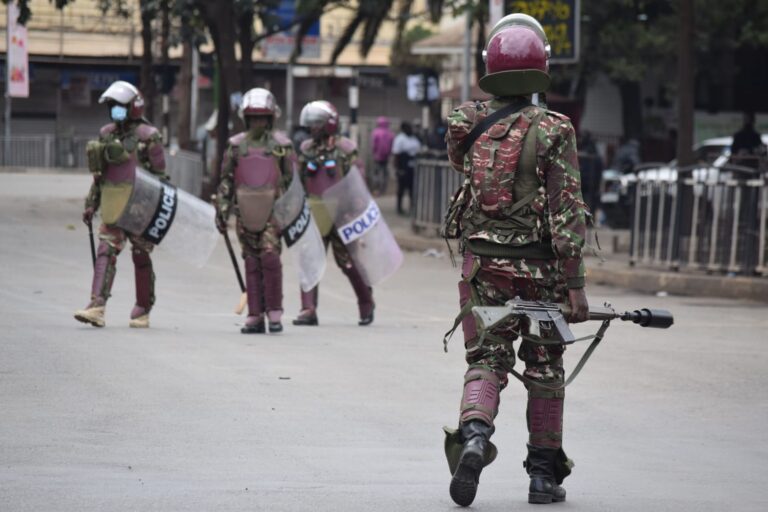
Nairobi and other major towns in Kenya have seen a significant increase in police presence, with roadblocks and passenger checks aimed at isolating protesters amid ongoing anti-government demonstrations.
On Thursday, police set up roadblocks on major roads and streets in Nairobi to address threats from protesters planning to occupy key installations.
Businesses remained closed, fearing potential destruction based on previous protests. “I have taken more than an hour from Muthaiga because of roadblocks. Police are stopping every vehicle, searching, and asking where people are going,” said Evans Ombongi, a motorist in Nairobi. Public service vehicles were also stopped and passengers checked to isolate potential protesters.
Key Areas of Focus
Roads around State House were blocked with restricted access as new Cabinet Secretaries were sworn in following their approval by Parliament. Acting Inspector General of Police Gilbert Masengeli confirmed that enough personnel had been deployed to address the threats. “We are set and urge all to be peaceful if they decide to protest. We will deal with criminals,” he stated.
A police check was spotted along the Thika Superhighway and a roadblock was mounted at City Stadium along Jogoo Road. Protesters are demanding significant reforms to enhance good governance.
Anti-riot police were deployed to roads around State House and other State Lodges. Newly appointed Cabinet Secretaries, their families, and friends had to undergo thorough security checks as they headed to State House for the swearing-in ceremony. Additional personnel erected roadblocks on highways leading to the city as a precaution against potential threats.
Areas of Concern
Police paid special attention to towns around Nairobi where criminal gangs might exploit the situation to attack and loot. These areas included Kitengela, Ongata Rongai, Machakos, Githurai, Juja, Ruiru, Waiyaki Way, and Roysambu.
Witnesses reported movements of anti-riot personnel on the Nairobi-Namanga highway and Nairobi-Nakuru highway, routes previously affected by protests. Most higher learning institutions postponed planned examinations as a precaution against the protests.
Police commanders were summoned to Nairobi to strategize on addressing the issue if it escalates. The plan involves dispersing any gatherings. Anti-riot teams braved the morning cold, and most shops remained closed by 7:30 a.m. as few people streamed into the city.
Masengeli warned on Wednesday that the planned anti-government demonstrations, dubbed ‘#NaneNaneMarch,’ could be infiltrated by goons, threatening the country’s security. He assured the public that enough personnel had been mobilized to handle any situation. “Our intelligence reports indicate heightened security threats, with criminals planning to infiltrate tomorrow’s demonstrations and commit further crimes. We have ensured adequate deployment of security personnel,” he said.
Public Caution
Masengeli advised the public to exercise caution in crowded areas likely to turn riotous. He emphasized that citizens’ rights to demonstrate and hold public processions must not infringe on others’ rights and freedoms. While urging the public to exercise vigilance, Masengeli cautioned protesters against trespassing on protected land like Jomo Kenyatta International Airport (JKIA) and State House.
“All those planning to exercise their rights of participation in the protests should do so in compliance with the law,” he said. “Kenya is all we have. Every one of us has a responsibility to keep our country safe.”
During a media briefing, Masengeli stated that security would be heightened across the country, though not excessively. Police have faced criticism for their handling of past protests, which left more than 60 people dead and 400 wounded, most of whom were victims of police actions.
Masengeli urged police officers to remain focused on their Constitutional mandate to protect life and property, maintain law and order, and to do so without fear or favor.
